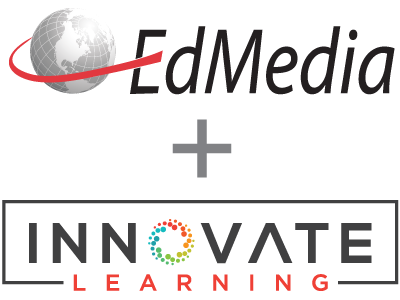
Understanding of Programming Structures in Elementary School Students: From the Practice of the Unplugged Teaching Material Hamburger Bot
PROCEEDING
Minori Kurahasi, Osaka University, Japan ; Toru Ochi, Osaka Institute of Technology, Japan ; Takuro Ozaki, Osaka Kyoiku University, Japan ; Masafumi Imai, Toyohashi Sozo University, Japan ; Maiko Shimabuku, Osaka Electro-Communication University, Japan ; Yorishige Adachi, Nishinomiya Municipal Hirota Elementary School, Japan
EdMedia + Innovate Learning, in Vienna, Austria ISBN 978-1-939797-71-1 Publisher: Association for the Advancement of Computing in Education (AACE), Waynesville, NC
Abstract
In Japan, programming classes for elementary school students were introduced in 2020. We have been working on unplugged programming using picture cards, which does not require any digital devices, since 2019. In this unplugged programming, a robot played by a teacher completes a hamburger with picture cards after receiving instructions from the children either orally or with instruction cards. There are specifications for the instructions to the robot and its actions, and the robot is designed to be able to understand everything from simple sequential execution to debugging, contrasting each step with the actual programming language. In 2022, we conducted classes targeting a total of four classes of third-grade elementary school students. In the present paper, we will analyze the results of the questionnaire obtained from those classes as well as the code written by the children. According to the survey results, an overwhelming majority of the children responded that they enjoyed the program. The code written by the children suggests that they find it difficult to understand sequence, selection, and repetition structures in that order. It was also suggested that they had difficulty understanding block structures.
Citation
Kurahasi, M., Ochi, T., Ozaki, T., Imai, M., Shimabuku, M. & Adachi, Y. (2023). Understanding of Programming Structures in Elementary School Students: From the Practice of the Unplugged Teaching Material Hamburger Bot. In T. Bastiaens (Ed.), Proceedings of EdMedia + Innovate Learning (pp. 960-965). Vienna, Austria: Association for the Advancement of Computing in Education (AACE). Retrieved August 31, 2024 from https://www.learntechlib.org/primary/p/222600/.
© 2023 Association for the Advancement of Computing in Education (AACE)
